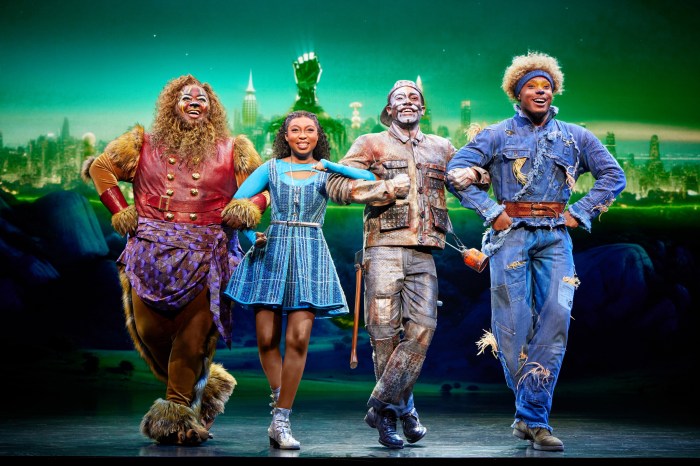Insightful to bitter, remembrances of being a gay son
The Man I Might Become is a profound anthology of autobiographical essays by 28 gay writers regarding their relationships with their fathers. Covering a wide spectrum of regional, ethnic, and socio-economic family structures, the stories presented are humorous, frequently tragic, and thoroughly provocative in dissecting the clash of ideals and priorities that ripple within families. Edited by Bruce Shenitz, an editor at Out magazine, the stories presented in The Man I Might Become are primarily centered during the 1950s through the early 1970s. For the writers, being able to come out openly during this time put them on the forefront of the gay liberation movement, providing a sense of honesty (to family and self) which offers as much bravery as any traditional act of masculine daring. However, this pioneering spirit of openly announcing one’s orientation often left the authors’ fathers in various states of denial, confusion, and feigned indifference. In fairness (which most of the authors rarely consider), these fathers found themselves in a social context with no precedent and in an environment where there was no PFLAG or organized support to alleviate the news of their sons’ homosexuality. Some were grudgingly accepting, others were hostile, others pretended the boys were just going through a phase. In two stories, however, the fathers were not personally unfamiliar with gay activity. Felice Picano’s “Driving Mr. Picano,” finds the author shocked to learn that his father once allowed himself to be on the receiving end of a blow job from a man; the elder Picano dismissed the incident as an aberration deriving from his own intoxicated state coupled with a pleasure-giver who was so effeminate that he was considered “almost a woman.” Eric Guiterrez, in “Who He Was,” actually had a father who broke up the family unit by coming out and moving out. But Guiterrez’s father is perhaps the most egregious paternal figure in the book: shiftless and irresponsible while still the head of the house, he gradually becomes an increasingly elusive weekend father after divorcing the author’s mother. The author only saw his father on four separate occasions during the older’s man final 20 years of life. At his father’s funeral, Guiterrez unexpectedly met his absent father’s new and preferred family: the bartender and barflies of his favorite watering hole. Many of the stories follow a similar pattern with gruff, emotionally aloof fathers who occasionally launched into half-baked schemes to “make a man” out their introverted, artistically-inclined, less-than-butch boys. These usually involved some traditional exercise in male bonding, either fishing or boating or watching televised sports, and inevitably ended in abrupt failure thanks to a disinterested son and a father who never bothered to see plans to their fullest. Some of these schemes were rather elaborate: a 19-year-old Gary Reed was drafted to work alongside his father in the latter’s Oklahoma iron foundry in “Mites,” while Tom Steele’s “Playing the Game” finds the writer’s 10-year-old self at the center of a football league wholly financed by his father. In both cases, the sons were ill-equipped to meet their fathers’ wishes and were afraid to admit as much, while the adults foolishly did not consider that their offspring where unhappy to see their individuality disfigured to accommodate their desired mirror image. Ultimately, the message in The Man I Might Become is that these gay sons truly had nothing in common with their fathers beyond blood ties. The difference in orientation made the old-fashioned “man-to-man” talks impossible, although every writer rues the failure to engage in any kind of serious conversation regarding the thorny issue. Or as Gary Reed comments on his iron foundry-dad: “He’s the last man on earth I’d ever want to discuss my sexuality with, and he’s the one man in my life I want most to discuss it all with.” As with any anthology, some stories are stronger than others. A few stories are an embarrassing display the puerility of both father and son—most notably Bernard Cooper’s “Winner Take Nothing,” where the duo, plus the author’s lover, head to New York for a literary award ceremony and find themselves in bitchy-grouchy conversations and situations that make the most contrived Queer as Folk plot twists seem like an exercise in Zen meditation in comparison.


































